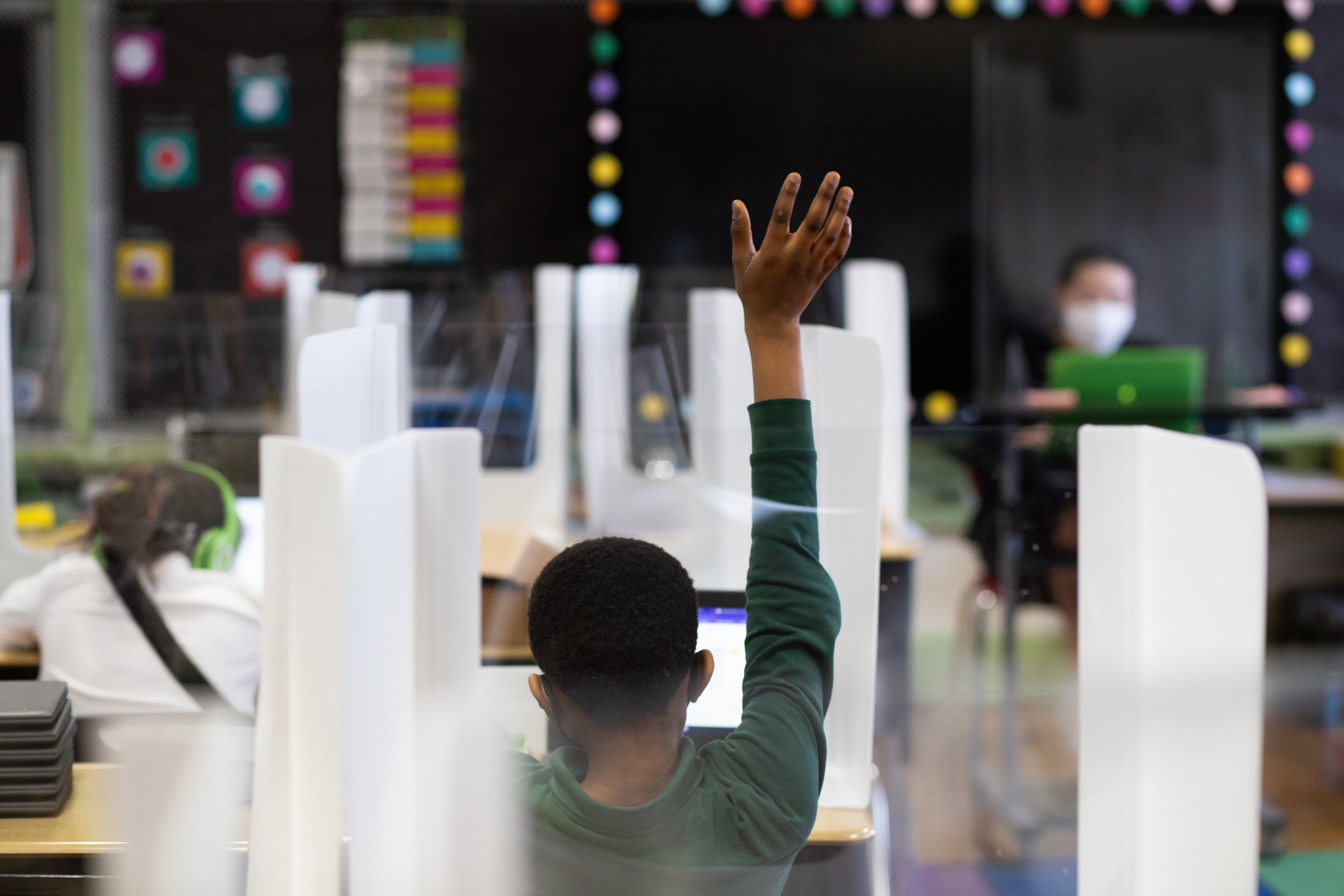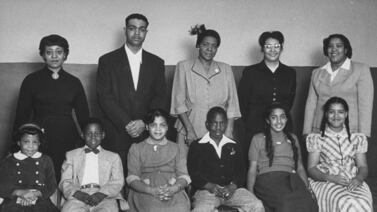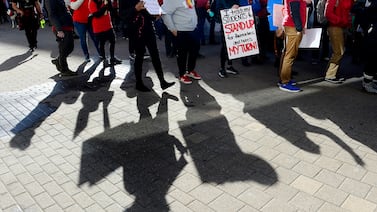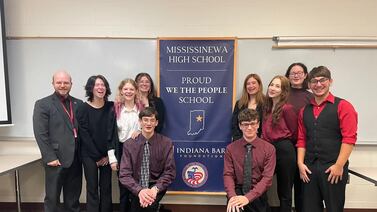Sign up for Chalkbeat Newark’s free newsletter to keep up with the city’s public school system.
Join us on Thursday, Oct. 26 at the Newark Public Library main branch for “The State of Segregation,” a discussion about the pervasiveness of segregation in New Jersey’s schools and what can be done to tackle the problem.
This event is open to the Newark community and families from across the state and is designed to bring residents, journalists, and experts together to address this issue across New Jersey. Each panelist and speaker in this event brings a unique perspective and expertise to the discussion, making it a must-attend event for those interested in education and social justice in the state.
Doors open at 5:15 p.m. for a meet and mingle with journalists from Chalkbeat Newark, NJ Spotlight News, and New York Public Radio (WNYC + Gothamist).
The program officially begins at 6 p.m. with a panel discussion featuring Michael Hill, host of WNYC’s Morning Edition, Colleen O’Dea, data reporter at NJ Spotlight News, and Dr. Charles Payne, director of the Joseph Cornwall Center for Metropolitan Research and co-author of “Segregated Schooling in New Jersey.” They will discuss why New Jersey schools are among the nation’s most segregated.
A second panel discussion, moderated by Jessie Gomez, a reporter with Chalkbeat Newark, begins at 6:30 p.m. and features Newark students and community members who will share their experiences in the city’s schools. We will also discuss the ways in which city and school leaders can promote opportunities for students of color to share their experiences. This panel concludes at 7:30 p.m. and attendees will have a chance to continue the conversation with journalists and experts until 8 p.m.
Your attendance can serve as a vital contribution to the ongoing statewide conversation on school segregation and help inform our reporting in Newark and beyond. The event is free with an RSVP through our Eventbrite page.
Nearly 70 years since the historic U.S. Supreme Court decision in Brown v. Board of Education, New Jersey continues to grapple with a segregated school system. In Newark and other cities in the state, teaching staff and school leadership do not always reflect diverse student bodies. Newark Public Schools is made up of roughly 90% Black and Latino students, while teachers from those backgrounds make up just over half of the teaching staff.
Most recently, state Superior Court Judge Robert Lougy issued a decision on a segregation lawsuit that acknowledges New Jersey public schools are segregated by race but says plaintiffs failed to prove the “entire” school system is segregated “across all districts.” The state has the
constitutional power to take action but New Jersey should not be held responsible for the “unlawful, persistent, and pervasive” segregation in its educational system, the decision read.
This event is hosted by newsrooms in the “Segregated NJ” reporting collaboration, which includes Chalkbeat Newark, New York Public Radio, and NJ Spotlight News. The Center for Cooperative Media at Montclair State University is providing support for this event.








